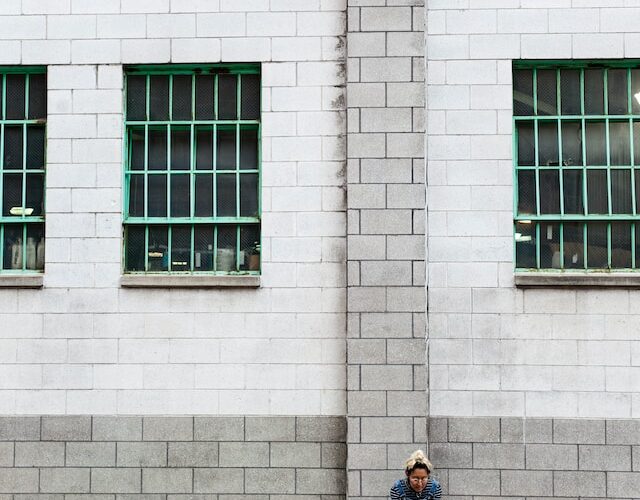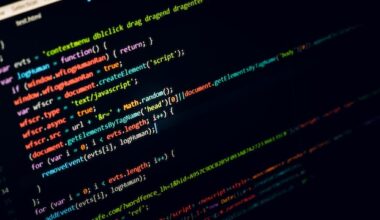In a tug-of-war between user privacy and government surveillance, tech giant Apple and the UK government have found themselves on opposing ends of a brewing conflict. The bone of contention is the controversial UK Investigatory Powers Act (IPA), and the implications it has for everyday technology devices in the country.
As reported by The Next Web and TechCrunch, the IPA, often dubbed the ‘snooper’s charter,’ provides the UK government with sweeping powers for indiscriminate surveillance. Under its provisions, law enforcement agencies have the capacity to compel tech companies to create ‘backdoors’ in their devices and software for surveillance purposes.
The Provisions of the IPA and Apple’s Resistance
Apple has been vocal about its resistance to the IPA’s implications. The company has always held a strong stance on user privacy, arguing that creating ‘backdoors’ for government access fundamentally undermines user security. Under the IPA, however, UK agencies may not only require access to data but could potentially command tech companies to introduce surveillance capabilities by default in their devices, marking an unprecedented incursion into personal privacy.
Moreover, the IPA’s reach doesn’t stop at UK-based companies or UK-produced technology. Any technology used by UK citizens, including those produced by global giants like Apple, falls within the purview of the IPA. This means that devices sold in the UK could be equipped with default surveillance capabilities, a situation that could set a dangerous precedent for government access to private data worldwide.
Implications and the Future
This debate has far-reaching implications for global privacy standards. If the UK’s sweeping surveillance legislation goes unchallenged, it may embolden other governments to implement similar laws, leading to a potential global erosion of digital privacy rights.
It is noteworthy that tech companies have often found themselves at odds with government agencies over user data access, but Apple’s case marks a particularly high-profile and contentious struggle. The outcome of this standoff will undeniably have a ripple effect across the tech industry and may redefine the boundaries of governmental access to private data.
Apple’s resistance to the IPA presents a challenge to the UK government’s surveillance powers. It also underscores the broader struggle faced by tech companies as they strive to maintain user privacy in an increasingly surveilled world. This clash brings the question of digital privacy into sharp focus – in the quest for security, how much personal freedom are we willing to relinquish?
The tech industry and its consumers will be watching closely as this battle unfolds. With the lines drawn, the dispute’s resolution could set a precedent for how tech companies worldwide deal with government surveillance requests in the future. For now, privacy proponents have a heavyweight in their corner with Apple pushing back against invasive surveillance powers.

